Food insecurity: how food shortages can cause a humanitarian crisis
Find out what food insecurity means and what impact it is having across different countries in sub-Saharan Africa today
Last updated 8 December 2023
Food insecurity is exactly what it sounds like when a person is without reliable access to enough affordable, nutritious, healthy food. There are many factors that cause and affect food insecurity, and its impact can be devastating. Food insecurity is not a thing of the past. Today, communities across Africa including parts of Kenya, Nigeria, Ethiopia, and Somalia are facing a hunger crisis caused by severe food insecurity: over 150 million people are struggling with food shortages, unable to access to the food they need.
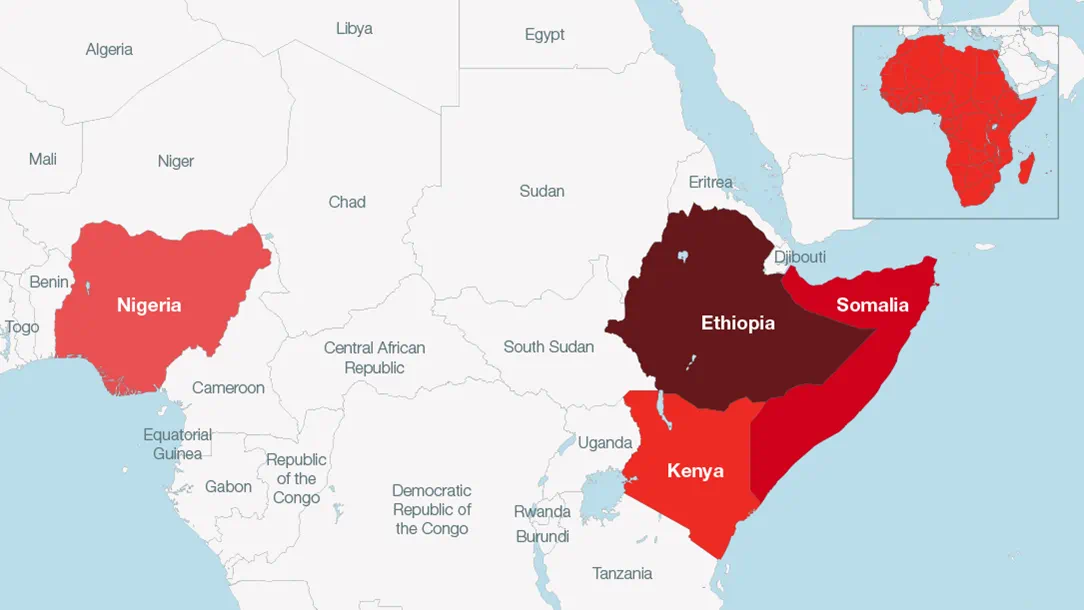
People in Nigeria, Ethiopia, Somalia and Kenya are living through a hunger crisis
What is food insecurity?
The United Nations World Food Programme states there are five phases of food security ranging from Phase 1, “food security” when people have access to sufficient, safe, and nutritious food to meet their dietary needs to the worst, Phase 5, when a famine is declared. Famine is the most severe phase of food insecurity and means a complete lack of access to food and other basic needs.
According to the United Nations’ World Food Programme, the definition of famine is met when:
- 20% of households face extreme food shortages
- 30% of children suffer from acute malnutrition
- 2 people in every 10,000 die from starvation, disease, and malnutrition
Are there famines in the world today?
There have been many famines throughout history, but sadly they are not a thing of the past and could occur in the world today. There are no countries in the world that currently meet the official definition of famine: the last declared famine was in 2017 in South Sudan.
There are a number of contributing factors to food insecurity in Africa. Climate change has caused one of the most severe droughts seen in East Africa in 40 years, which has led to the deaths of seven million livestock.
Communities still reeling from the impacts of this drought, are now faced with extreme rainfall and floods. Many families have either lost their source of food or income – or in some cases both.
As a result, communities across Africa are suffering from severe food shortages and many families have either lost their source of food or income – or in many cases, both.
What are the impacts of food insecurity?
A combination of all these factors is devastating people’s lives, families, health, and livelihoods in parts of Africa. That could mean people are:
- losing their lives and their loved ones
- skipping meals, which can impact health
- selling their last remaining livestock (likely their sole way of earning money)
- being forced into prostitution, leaving them vulnerable to violence
- pushing young girls into early marriage, so that parents have one child less to pay for, and in the hope they might be safer somewhere else.
The people who find themselves having to make these desperate choices have already been through a lot, whether that's from climate-related extreme weather events like droughts and flooding, or the impacts of Covid-19.
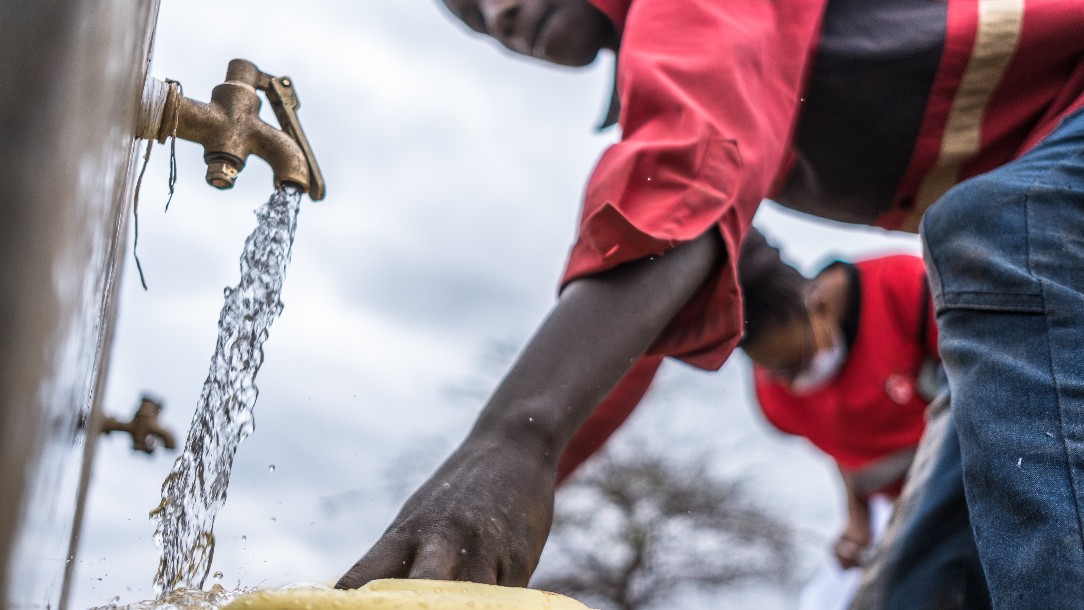
A Red Cross volunteer in Taita Taveta, Kenya, gets water from a new water system built in partnership with the local community.
PHOTO: Bryan Otieno/British Red Cross
What is the Red Cross doing to help people?
The Red Cross has been responding since 2021 and teams are working on the ground across the continent of Africa, supporting communities with water, food, immediate financial help, nutrition services, and healthcare.
Kenya
In north-eastern Kenya, the Kenyan Red Cross has supported more than 215,000 people as part of its drought response so far and is working to support 500,000 more.
Nigeria
The Nigerian Red Cross is one of the lead responders in Nigeria, supporting with essential household items, as well as seeds and tools for growing food. They’re also supporting with health services, like water and sanitation support.
Ethiopia
In Ethiopia, the Ethiopian Red Cross has supported 172,000 people most affected by the food crisis to meet their basic needs by providing financial assistance and food, farm tools, seeds, and fertiliser, alongside psychosocial support and protection services. They are scaling up their response to support a further 500,000 people in the communities most affected by food and water insecurity and shortages. The Somali Red Crescent has supported around 469,000 families so far, through mobile health clinics and financial assistance, which helps people to buy food and essential items.
How can I help with food insecurity?
Learn more about how the Africa food crisis is affecting people across parts of Africa
Donate to the Africa Food Crisis Appeal
This is urgent. Please help us continue our work.
Your donation to the Africa Food Crisis Appeal will help us to reach more people with vital help .
This is urgent. Please help us continue our work.
Your donation to the Africa Food Crisis Appeal will help us to reach more people with vital help
DONATE NOWRead more
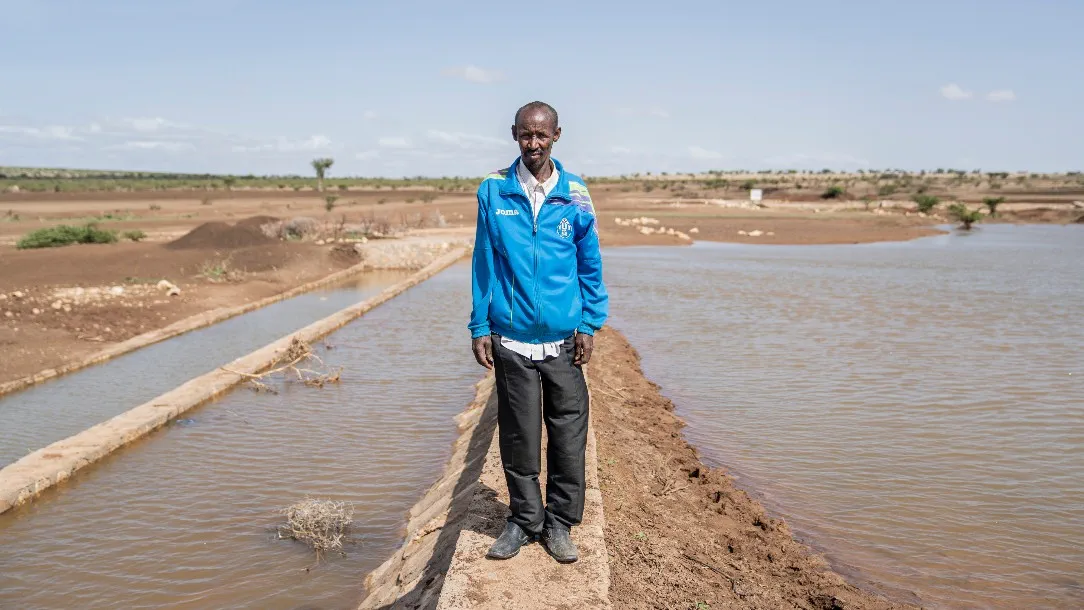
Breathing life back into the land: how a new weir signals hope in Ethiopia
Droughts have ravaged land in the Somali region of Ethiopia
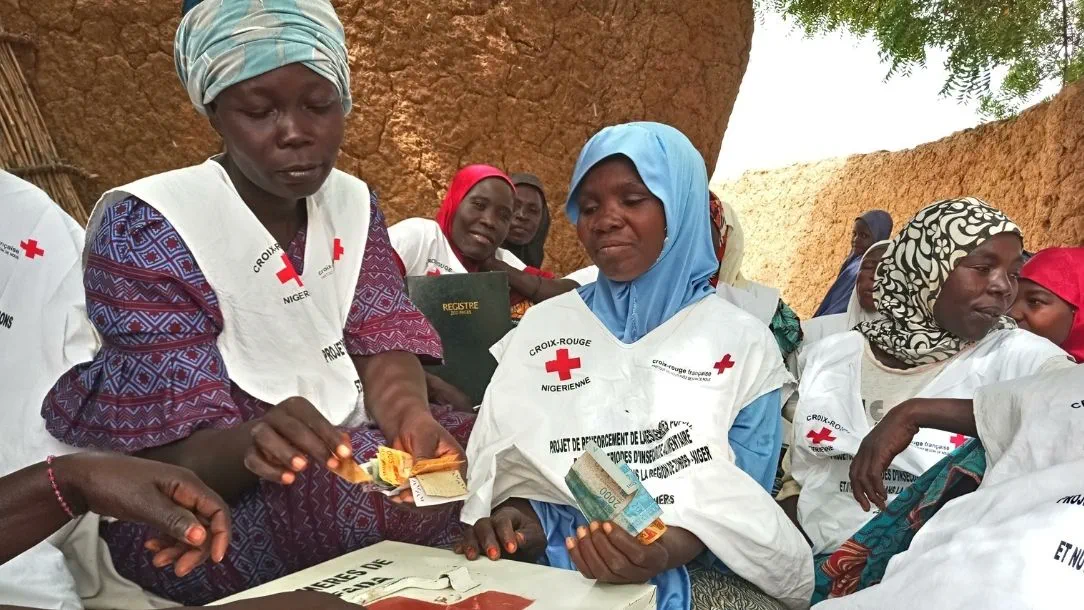
Brave mothers of the Sahel
Mothers Clubs' are creating financial security across the troubled Sahel region, raising a woman's profile and creating solidarity within communities.
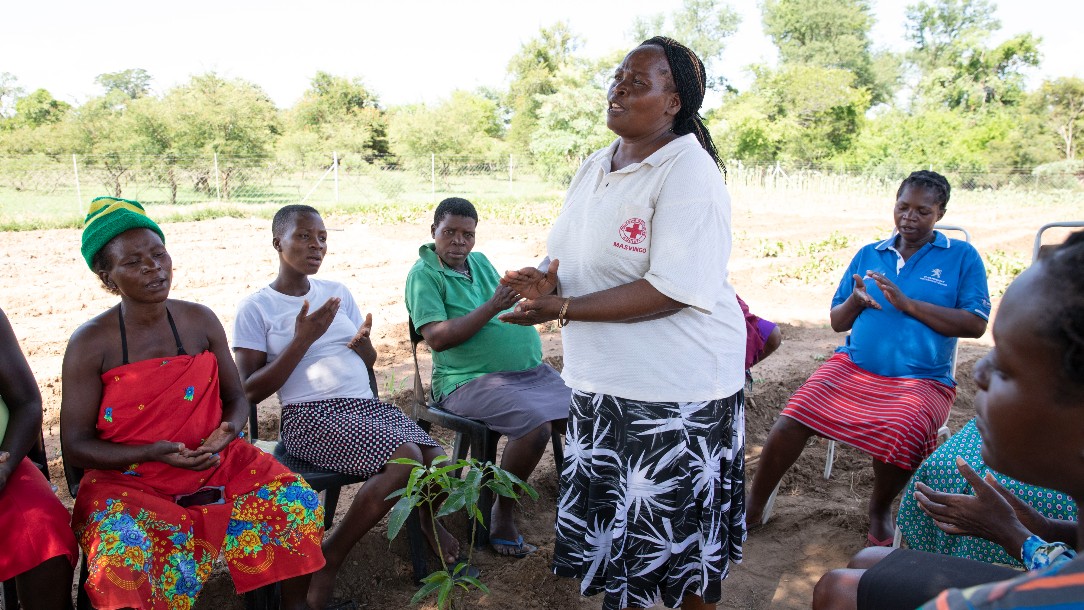
“It empowers people in the long-term”
Red Cross volunteer Musa on leading a team that teaches farmers how to grow food in a region where rain is scarce